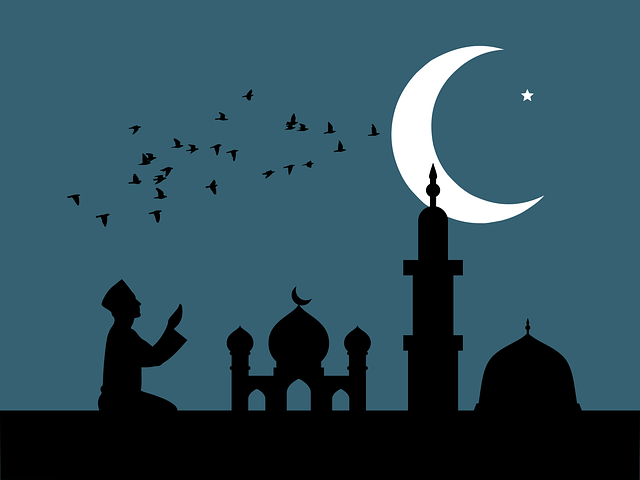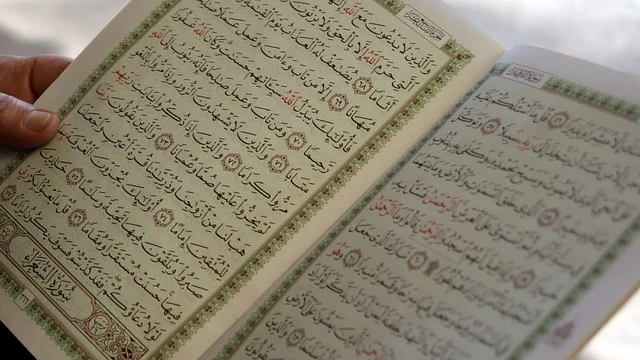Introduction
In Islamic jurisprudence, a fatwa is a formal, non‑binding legal opinion or interpretation issued by a qualified scholar (mufti) in response to a specific question about Islamic law (sharia). Far from being mere theoretical exercises, fatwas help guide Muslims in making everyday decisions—from personal ethics and worship practices to social, economic, and technological challenges—by clarifying how timeless principles of the Qur’an and Sunnah apply to new situations.
Authority & Scope
A fatwa carries weight because it reflects the understanding of a scholar deeply trained in the sources of Islamic law—primarily the Qur’an, the authenticated traditions of the Prophet Muhammad (hadith), consensus (ijma’), and analogical reasoning (qiyas). However, it is important to note that a fatwa is not the same as a judicial ruling (qada) issued by an Islamic court; rather, it is advisory.
Why Fatwas Matter
- Practical Guidance
Fatwas help Muslims navigate complex, modern dilemmas (e.g., bioethics, digital finance, environmental stewardship) by applying Islamic principles in context. - Community Cohesion
By providing clear, authoritative answers, fatwas reduce confusion and conflict within communities over religious practice, thereby fostering unity. - Adaptation & Renewal
The dynamism of fatwa literature demonstrates how Islamic law adapts to new realities without losing its foundational values. - Legal & Social Influence
In many Muslim-majority countries, fatwas shape legislation, court decisions, and public policy. Even where sharia is not state law, fatwas influence social norms, ethical business practices, and personal behavior.
Conclusion
A fatwa is far more than a scholarly opinion; it is a vital mechanism through which Islamic law remains alive, accessible, and responsive. By translating the eternal teachings of Islam into practical guidance, fatwas empower individuals and communities to uphold their faith with confidence and clarity—whether in matters of worship, ethics, or modern life’s complex challenges.


